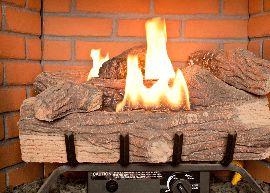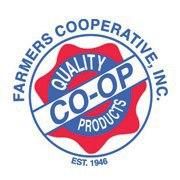
Gas logs are fueled by propane or natural gas and ignite with ease, producing a dependably steady flame. When considering one of these types of fireplaces for your home, it's not uncommon to have questions about how they work, their benefits, and their safety. Find answers to some of the more frequently asked questions below.
Answers to Common Questions About Gas Logs
How do they work?
There are two types of gas logs, vented and unvented. Vented logs are used in a traditional wood-burning fireplace that still has a fully functioning chimney and flue, allowing smoke and other byproducts to leave the home via this route; the damper must be used at all times. Ventless logs produce no smoke and discharge exhaust into the room; the damper must be closed with these models.
Both work on the same general principle. Pipes pump propane or natural gas through holes in the logs, which are made of ceramic or refractory cement. When the logs are ignited, usually with a built-in on/off switch, they generate flames.

What are their benefits?
Gas logs offer a number of advantages over wood-burning fireplaces. They are cleaner burning than wood, outputting far fewer harmful chemicals. This minimizes fire risk, keeps the air in your home safe and breathable, and is healthier for the environment.
They also save you considerable time and money, and are much easier to clean than wood-burning fireplaces. Perhaps their biggest benefit is the bright flame they produce. They ignite quickly and easily and generate a reliably strong flame without hassle.
Do they smell as they burn?
Because they aren't burning off creosote and other noxious chemicals, gas logs don't emit the kind of odors you'd find with wood fireplaces. However, the first time you use gas logs, you can expect a slight amount of odor during the initial burn. For this reason, you may want to keep the damper open during the first burn, whether you have vented or unvented logs.
What are their maintenance needs?
There is no day-to-day maintenance required for gas logs. Every month or so, use a damp cloth to wipe off any buildup. Plan to have the fireplace inspected each year to confirm it is safe and operational. You can clean glass doors as needed with any standard glass cleaner.
To start enjoying the benefits of gas logs, you'll first need propane. Farmers Cooperative Inc. has been providing propane sales to the Live Oak, FL, area since 1946. They also sell a full line of hardware, building materials, gardening and agricultural products, and pet care essentials. Call (386) 362-1459 or visit their website to learn more about their selection.
About the Business
Have a question? Ask the experts!
Send your question

